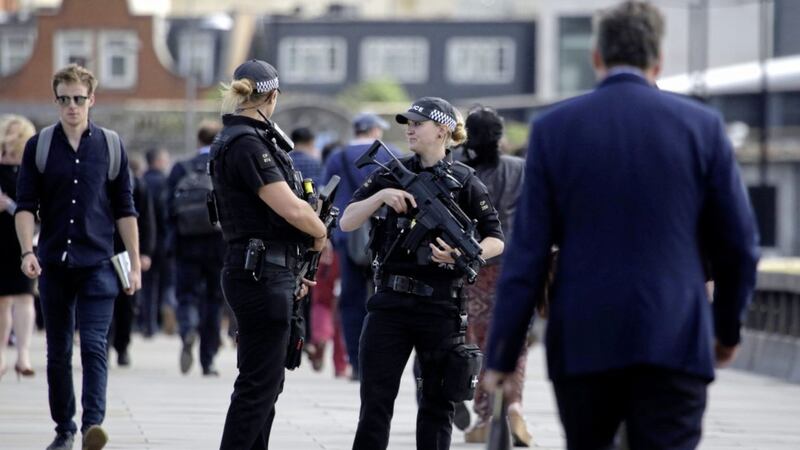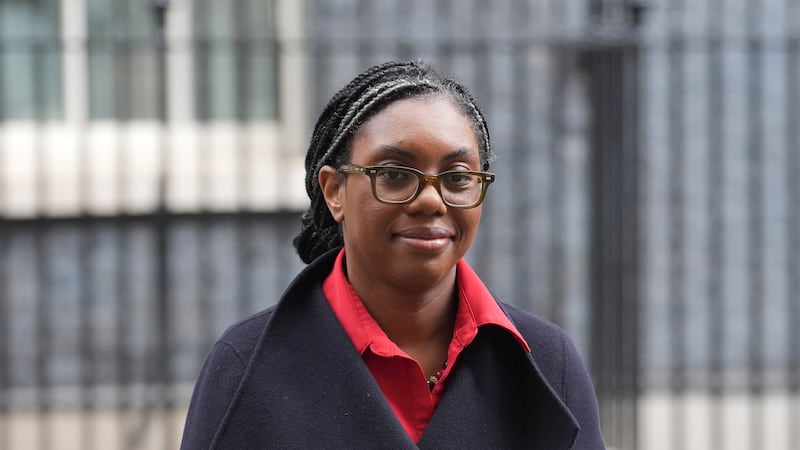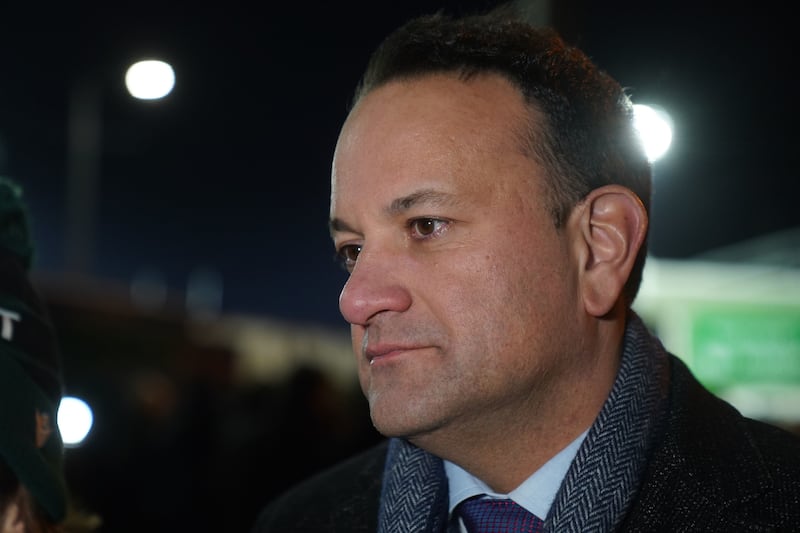THERESA May has denied announcing a U-turn on security powers with her pledge to rip up human rights laws in order to combat terrorism.
The prime minister wants to change any laws that are perceived to get in the way of preventing jihadis waging war on Britain following three attacks in three months, the most recent targeting the London Bridge area last weekend.
Her ideas include longer prison sentences for those convicted of terrorist offences, making it easier to deport foreign terror suspects and doing more to restrict the movements of suspects when the evidence suggests they are a "threat" but there is not enough evidence to prosecute them.
While home secretary, Mrs May scrapped control orders, which allowed longer curfews among other tough measures, claiming they were being knocked down in the courts.
She replaced them with less restrictive Tpims.
Asked if she was now making a U-turn by seeking to beef-up the powers, Mrs May told a campaign event in Norfolk: "No.
"The reason we did what we did with control orders was because the courts were increasingly knocking those control orders down, so we did introduce the Tpims and we have subsequently enhanced the Tpims.
"Now we're seeing the threat evolving, becoming more complex, it's right we look again at what powers are needed to ensure the police and security services have what they need."
Mrs May was earlier told the Conservatives accused the then Labour government of a knee-jerk response following the 2005 London bombings.
Asked if she was doing the same by warning of a need to tighten human rights legislation, Mrs May replied: "No, what I've set out is very clear.
"We are seeing the terrorist threat changing, we are seeing it evolve and we need to respond to that.
"As I said on the steps of Downing Street, enough is enough and things have to change and that's why I said I believe we do need to do more to tackle the ideology that is motivating the perpetrators of these attacks.
"We do need to have those international agreements to regulate cyberspace so that terrorists cannot plan online.
"I think we need to do more to stamp out extremism here in communities in Britain, and yes we do need to look at the powers for the police and security intelligence agencies to make sure that as the threat evolves they have the powers they need."
Rachel Robinson, Liberty's acting policy director, said: "You don't beat terrorism by abandoning the values these murderers are out to destroy.
"Our human rights laws do not get in the way of tackling terrorism, and the prime minister knows that – but she's shown herself willing to undermine our principles for a few cheap political points."








